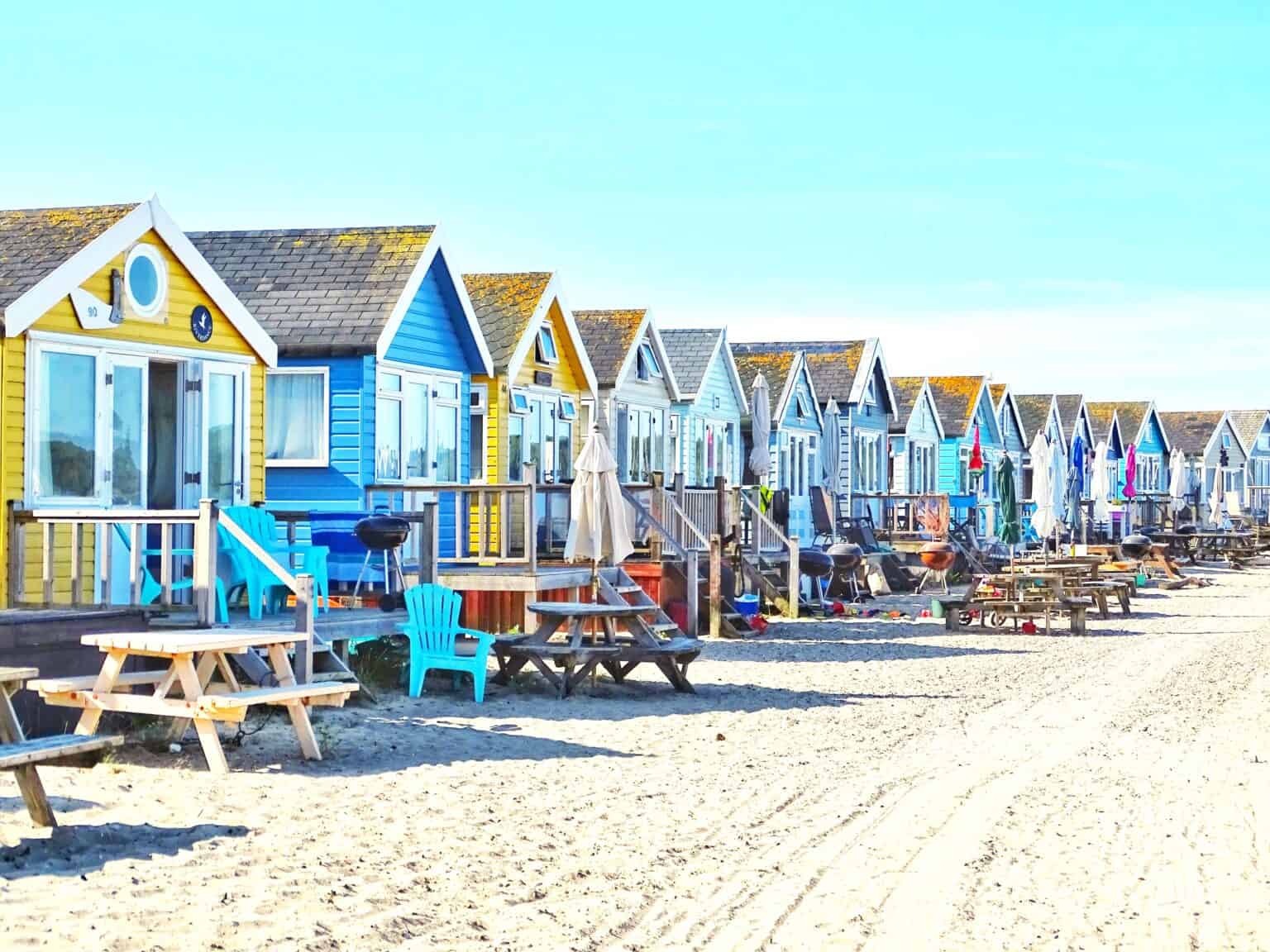In an attempt to clamp down on the number of short-term holiday lets, the UK Government have introduced new short-term let rules, due to come into effect this summer.
Holiday let forecast: less availability and higher prices.
Why has the UK Government created new rules for short-term lets?
The main reason behind the decision is to combat the current UK housing crisis. There are a great deal of buildings in cities and tourist areas that remain empty when there are no guests. London is a case in point. In 2019, London had over 80,000 properties listed on Airbnb (56% of which were entire properties). It is one of the worst areas to suffer from the housing crisis, with one in four people living in poverty. Rental prices also rose by 6.8% in 2023. And only 1 in 6 privately rented properties met the Decent Homes Standard.
With these things considered, the Government felt that action needed to be taken. With these changes to all short-term lets, rent prices and housing markets should stabilise. This means locals will be protected from leaving their communities because of excessive short-term lets. And hopefully, there will be more affordable housing options available.
What are the new rules?
Firstly there is mandatory registration for all short-term lets. Secondly, planning permission is required to rent a property for more than 90 days per year.
A mandatory national register will provide information and ensure the safety of accommodation. It will also give local authorities information on the extent of short-term lets in their area and the effects this has on their communities.
Planning permission will be required for future short-term lets. The proposed changes would create a new use class for short-term lets not used as a sole or main home. Existing dedicated short-term lets will be reclassified into the new use class and will not need a planning application.
The government also intends to introduce associated development rights. This will allow a property to change from a short-term let to a standard residential dwelling. And vice versa; allowing a property to change to a short-term let from a residential dwelling. Local authorities will be able to rescind permissions and request full planning permission if they deem it necessary.
The rules do not apply to hotels, hostels, B&Bs, or existing short-term lets, which will instead be reclassified.

What the rules mean for hosts
If you already let out your main or sole home for 90 days per year or fewer, you can continue to do so. Planning permission is not required. You will, however, need to register the property with the local authority. The UK government is considering how to apply the registry regulations in these cases. So as not to apply disproportionate regulations to property owners who don’t let out their homes frequently.
If you intend to rent a property for the short term in the future, it will fall under the new regulations. And so will require both mandatory registration and the necessary planning permission.
For many, hosting on Airbnb and other short-let sites was a flexible way to earn extra income and help subsidise increased living costs. With extra admin and new regulations, the turnaround will increase, availability will decrease and it may mean many hosts no longer find this a workable option.
What the rules mean for travellers
As a traveller, you may notice large increases in short-term rental costs. Not always in the places you might think of. You may even struggle to find availability in the place you want to visit. From personal experience, I have already found the costs to be three times as much as they were. I plan to travel to the UK this summer and have already begun looking at other options that may work for me.
Is the UK the only place that has implemented these new rules?
No. The UK isn’t the only or indeed the first place to introduce such restrictions on short-term holiday lets. From July this year, homeowners in Vienna will also be limited to renting to tourists for a maximum of 90 days per year. Paris already has a 120-day limit on rentals, and hosts must register with their local town hall. Berlin has lifted its ban on Airbnb but has introduced a permit and a 90-day limit. Italy is the latest to consider a nationwide limit to reduce the number of holiday rentals.
What does this mean for the future of tourism in the UK? Only time will tell. But I have a sneaking suspicion that hotels, B&Bs and hostels may come out of this with slightly bigger pockets.
The Airbnb model is no longer the easy and flexible accommodation option it once was. I guess it was only a matter of time before governments jumped in to regulate and no doubt earn from it. It was a good idea at the beginning but it has turned from a butterfly into a beast. What are your thoughts on these latest changes?









